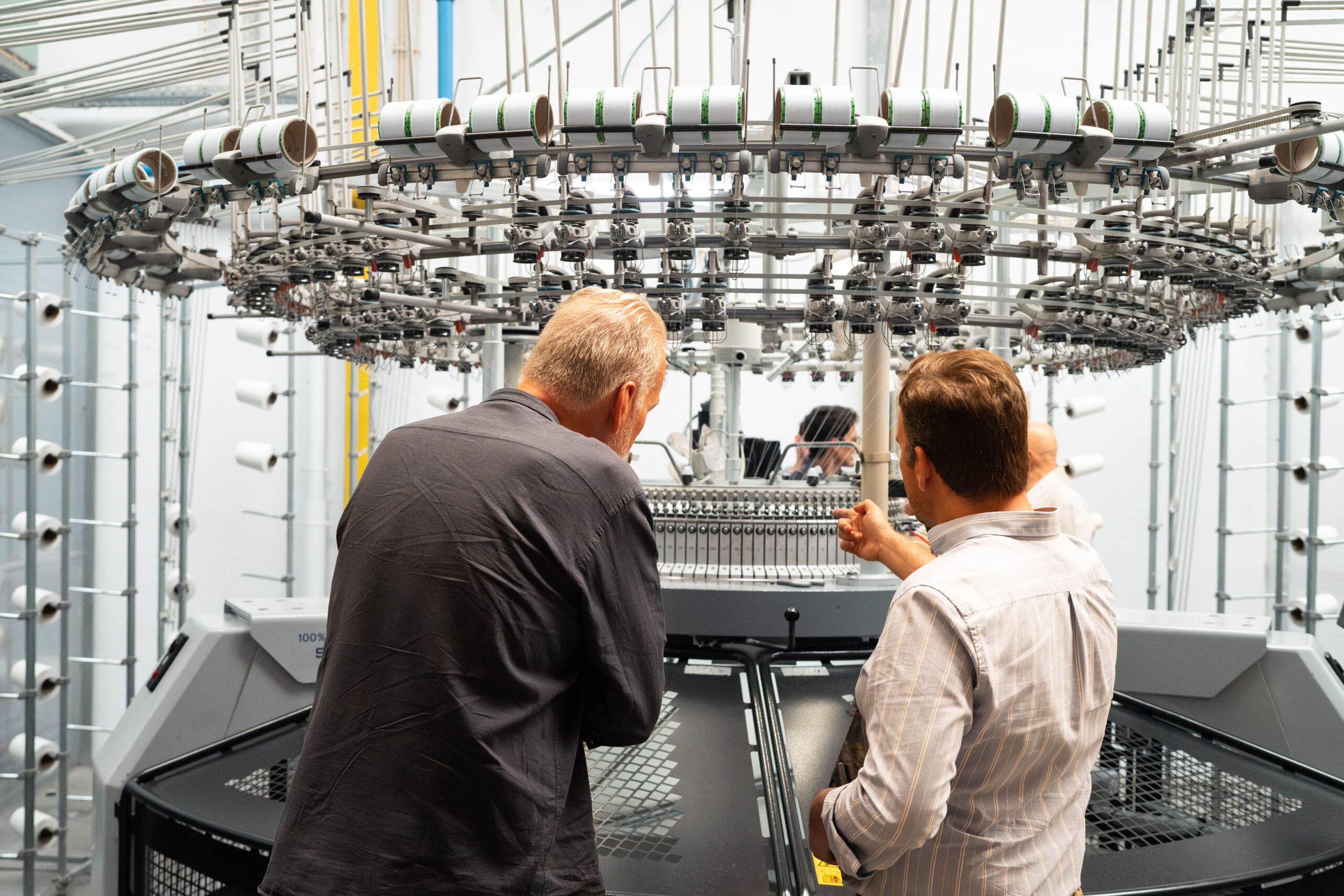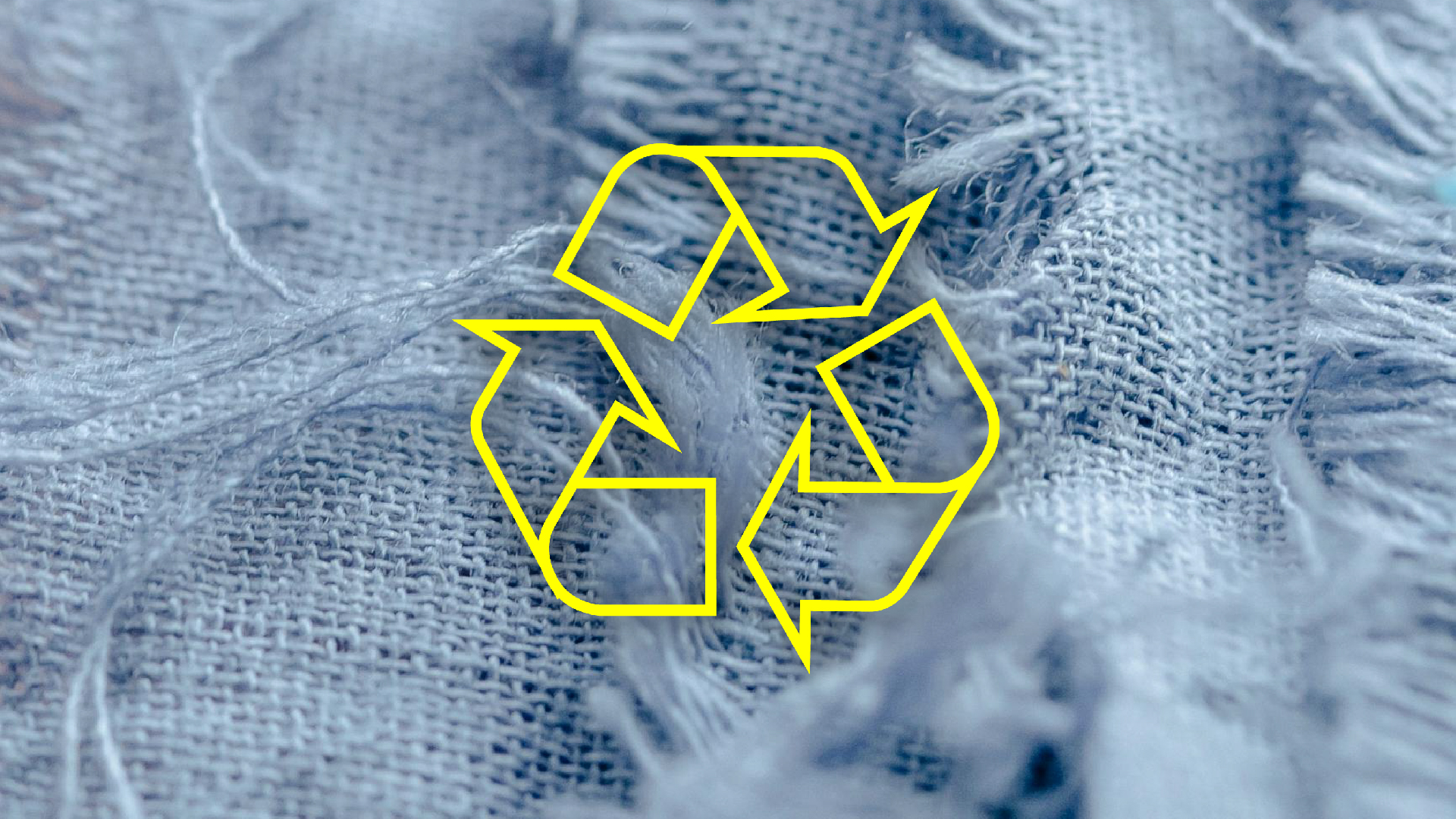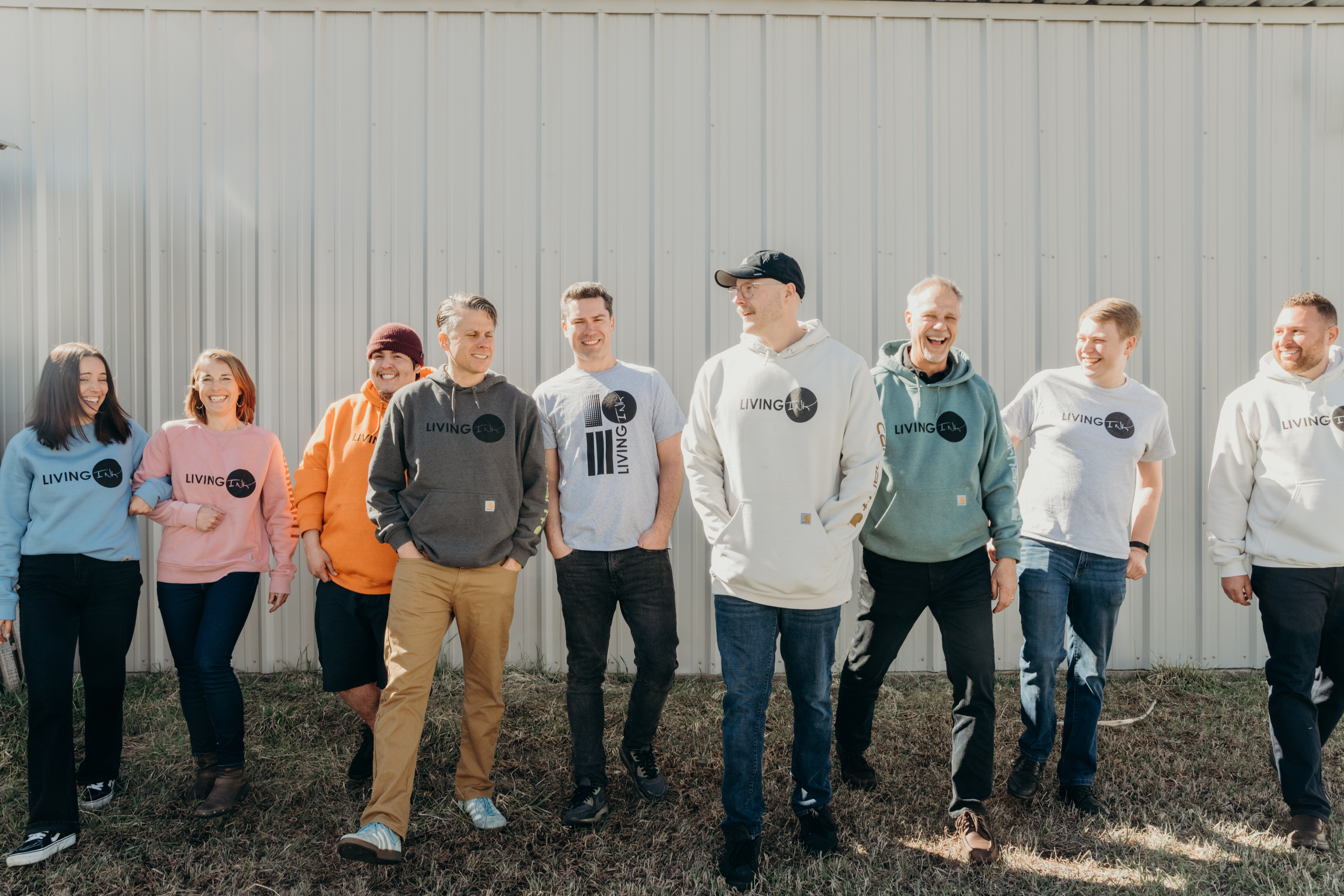BESTSELLER Collaborates With Biophilica In Fashion for Good Pilot To Test The Compostable Leather Alternative Treekind®
Treekind® surface. Photo by Jordan Berkowitz
15 December 2022
LONDON – Globally, an estimated 22 billion pairs of shoes end up in landfills every year*. A new pilot with Fashion for Good partner BESTSELLER in collaboration with innovator Biophilica aims to test and validate the leather alternative Treekind® as a replacement for conventional footwear materials. Treekind® is a non-petrochemical, low-resource, and compostable material, made with leaves.
The aim of the Fashion for Good pilot is to jointly create sample products together with BESTSELLER brand JACK & JONES to validate the use of Treekind® in specific product applications. The pilot includes iterative product prototyping and real-time feedback enabling Biophilica to continue to refine its material for footwear applications, which have some of the highest performance standards. The goal is to bring truly circular and sustainable products to customers in the near future.
BESTSELLER will continue working with Biophilica to jointly create additional material and product samples with the aim of creating a concept collection to validate next steps to scale.
“Leather processing has a high climate impact, but we must also make sure that the alternatives don’t just create another environmental problem such as high plastic content or reduced quality and durability. Taking promising innovations as Treekind® to commercial scale requires collaboration. Through this Fashion for Good pilot each partner brings a different set of expertise to help scale the material.” – Camilla Skjønning Jørgensen, BESTSELLER’s Innovation Manager
The Fashion for Good pilot and the shared design and manufacturing expertise from leading brands are of crucial support for Biophilica’s path to market. Biophilica will continue to scale production with the ambition of having products in the market within the course of 2023.
“We are all aware of the challenges that come with developing and scaling more sustainable materials. This group of partners each bring a unique perspective to navigate these hurdles, showing that collaboration is key to success. At Fashion for Good we have seen a number of leather alternatives on the market but very few that are actually 100% bio based. This is why we are excited to be working with Biophilica to help scale Treekind®.” – Katrin Ley, Managing Director, Fashion for Good
Leather and polyurethane (from petrochemicals) are two of the most commonly used materials in footwear and both have significant environmental footprints**. Recent innovations in this space have seen the launch of a number of alternatives, most of them, however, being only partly bio based.
While there are many plant-based leather alternatives on the market already, there are very few that are truly free of plastic, specifically polyurethane (PU). These partly plastic materials cannot be recycled with current technology and fewer still are actually home compostable trials***. Leather alternative Treekind®, created by London based startup Biophilica, has undergone multiple home composting trials. It has been formulated with lignocellulose from leaves and a natural binder, which is designed to break down in soil or water over one to two years.
“We are thrilled to be working with BESTSELLER and benefiting from their valuable expertise. Collaborative projects that combine development with manufacturing knowledge and methods are crucial for startups to be able to scale up and bring materials to market with brand partners.” – Mira Nameth, CEO and Founder of Biophilica
With the demand of raw materials expected to triple by 2050****, a major step to reducing impact will be to change how we source, manufacture, and dispose of or recycle materials*****.
Treekind® is a sustainable solution that is relevant to brands and designers that are looking for an alternative to both conventional leather and synthetic PU and PVC materials, to meet the demand of increasingly environmentally conscious consumers. Fully scaled, Treekind® is estimated to only use 0.1% of the water used in conventional leather processing and because of its plant content, a significantly reduced carbon footprint compared to leather******.
To meet demand, Biophilica has recently moved into a new 300 square metre facility in West London where the team is setting up their new continuous demonstration line to further scale up production methods.
*: The World Footwear 2022 Yearbook and The Guardian, March 21, 2020,
**: Pulse of the Fashion Industry Report, 2017 by Global Fashion Agenda & The Boston Consulting Group,
***: Conducted by a third party,
****: Wrap, 2019,
*****: Material Innovation Initiative State of the Industry Report, 2021,
******: Internal LCA
Other Articles

In conversation with Smartex: Explore Smartex’s AI-driven solutions transforming quality control and reducing waste

Fashion for Good and Textile Exchange Team Up to Trace Textile Waste

